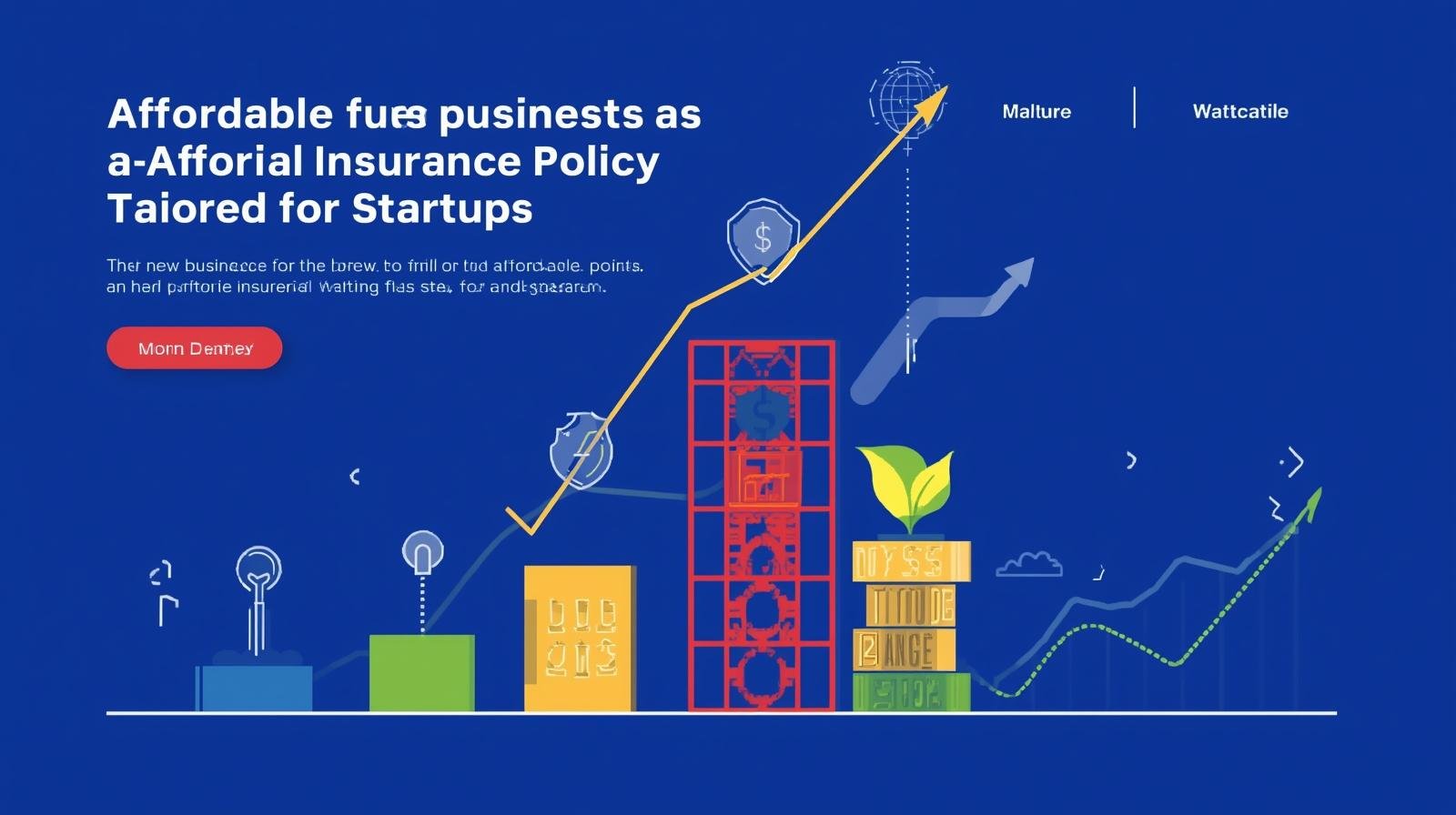Insurance plays a critical role in economic development by providing financial stability, reducing risks, and fostering investments. Below are the key ways in which insurance contributes to the overall economic development of a country or region.
Risk Mitigation
Economic Stability: Insurance helps individuals, businesses, and governments manage and mitigate risks. By spreading the financial burden of unpredictable events (e.g., natural disasters, accidents, illnesses), insurance protects economic agents from catastrophic losses that could otherwise destabilize their financial situations.
Encourages Entrepreneurship: Knowing that they are covered against certain risks, businesses are more likely to invest and innovate. Entrepreneurs, in particular, are more willing to take on risks if they know they have insurance protection in case of failure or unforeseen events.
Reducing Risk Aversion: Insurance reduces the financial impact of uncertainties, thus enabling businesses and households to take more calculated risks, which is essential for economic growth.
Capital Formation and Investment
Pooling of Funds: Insurance companies collect premiums from policyholders and, in turn, invest these funds in various assets such as stocks, bonds, and real estate. This large pool of funds supports capital markets, which helps in financing infrastructure projects, industrial growth, and innovation.
Investment in Infrastructure: Through investment in government bonds and other securities, insurance companies indirectly contribute to funding infrastructure development (e.g., roads, bridges, power plants). This infrastructure, in turn, is essential for economic growth and improving the standard of living.
Promoting Financial Inclusion
Wider Access to Coverage: By offering a variety of products like health insurance, life insurance, and micro-insurance, insurance firms help protect low-income families and individuals who otherwise may not have access to formal savings or financial services.
Social Safety Nets: Insurance products, especially health, life, and pension plans, provide social safety nets for the population. This reduces poverty and income inequality by allowing individuals to protect themselves against major health, death, or income-related risks.
Encouraging Long-Term Planning and Savings
Savings Instruments: Life insurance, pension plans, and other long-term policies encourage savings. As people set aside funds for future needs (e.g., retirement, children’s education), this creates a pool of savings that can be invested in the economy, supporting growth in the long run.
Retirement Security: With increasing life expectancy, insurance products that focus on long-term savings and pensions contribute to financial independence in retirement, reducing the economic burden on public welfare systems.
Job Creation
Direct Employment: The insurance industry itself is a significant source of employment, offering a wide range of jobs in underwriting, claims management, sales, and actuarial science.
Indirect Employment: By supporting businesses through risk management and offering insurance products, the industry helps maintain stable conditions for business growth, which in turn creates jobs in other sectors, such as manufacturing, construction, and services.
Enhancing Consumer Confidence
Security and Trust: The availability of insurance provides a sense of security to individuals and businesses, which encourages spending, consumption, and investment. When consumers feel financially secure, they are more likely to contribute to demand in the economy, driving growth.
Supporting Business Continuity: For businesses, having appropriate insurance coverage helps maintain operations even in the face of unforeseen challenges, reducing the likelihood of failure. This stability fosters consumer and investor confidence.
Disaster Management and Economic Recovery
Rapid Recovery from Disasters: In the event of natural disasters (e.g., floods, earthquakes, hurricanes), insurance payouts help accelerate recovery. Businesses and individuals can rebuild faster with the financial assistance provided by insurance, thus minimizing the long-term economic impact on the affected regions.
Government Risk Management: Insurance can also help governments manage the financial consequences of large-scale disasters or crises, allowing them to maintain stability in the face of such events.

Support for International Trade
Trade Credit Insurance: Insurance plays a vital role in facilitating international trade by covering the risks associated with exporting goods, such as non-payment or political instability. This encourages trade, increases exports, and opens up new markets for businesses, fostering economic development.
Foreign Investment Protection: Political risk insurance provides foreign investors with coverage against risks such as expropriation or currency inconvertibility, making it more attractive for foreign direct investment, which is a key driver of economic growth.
Boosting Innovation
Research and Development: Insurance companies fund research and development (R&D) initiatives by providing financial support to industries involved in new technologies and innovations. As these innovations unfold, they lead to increased productivity, new markets, and new products, which stimulate economic development.
Encouraging New Ventures: Insurance also allows for the growth of emerging industries (e.g., tech startups, renewable energy) by covering potential risks. In these industries, risks are often high, and insurance coverage can make them more viable, further driving economic expansion.












Leave a Reply